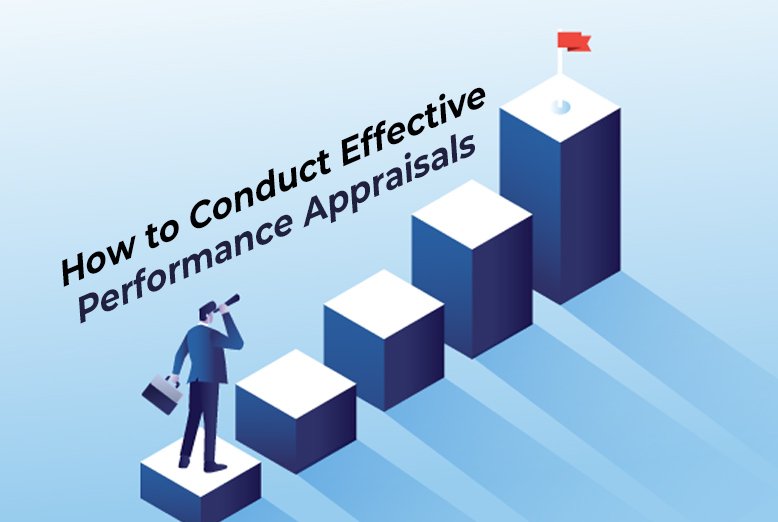Performance appraisals are not just annual check-ins to see how your team is doing. These are actually great opportunities for you to work with your subordinates in fostering their growth, aligning their expectations, and building stronger relationships. Handled the right way, these chats don’t have to feel like a box-ticking exercise—they can actually be a great chance to support both personal and team progress. Here are some tips from Song Division on how you can conduct your next performance appraisal.
Be prepared in advance of the meeting
Block some time to review an employee’s performance throughout the entire period covered in the appraisal. Try to go beyond just the big moments. Take a closer look at how they’ve contributed to team goals, handled challenges, lived out the company’s values, and what impact their work has really had. Growth often shows up in the details. Collect specific examples and other data to support any observations you make. You should also encourage your employee to conduct a self-assessment because this can provide you with valuable insights into their perspective. It paves the way for a more team-focused chat.
Encourage a friendly, open vibe during the meeting
Start out by clearly stating the appraisal’s purpose, whether it’s to review performance, discuss areas for improvement, identify strengths, and set future goals. Always begin with some positive feedback that highlights their contributions and achievements. By acknowledging their efforts, you can build trust and set a positive tone for the rest of your discussion.
Be direct but constructive when addressing development areas
Put the focus on specific behaviors and their impact instead of making personal judgments. Provide feedback constructively and something that serves as opportunities for improvement and growth. For example, instead of telling the employee they have poor communication skills, you can frame it as proposed strategies for enhancing their impact in team meetings.
Don’t dominate the conversation
Performance reviews should be a two-way dialogue. Listen actively to their perspective, suggestions, and concerns. Ask open-ended questions so you can encourage them to express themselves. This will help foster a sense of partnership and allow for a better understanding of the employee’s experience.
Create SMART goals to guide the upcoming appraisal
Verify that these objectives complement those of your company and offer precise guidance for the professional growth of your staff. Discuss the support and resources that they would need in order to achieve these goals.
Record and furnish a summary of the discussion
Write down the key takeaways, goals, and action items that were talked about during the appraisal. Set a timeline for periodic check-ins to see the progress that’s being made by your subordinate.
To make sure that your team stays cohesive and collaborative, consider in person team building activities such as the ones Song Division offers. Visit Song Division’s website today to learn how their team-building activities can enhance your employees’ professional skills.
Also Read: Understanding Regional Market Trends for Effective Global Expansion














